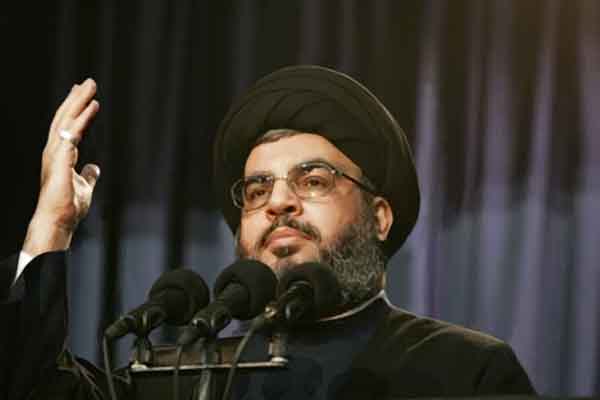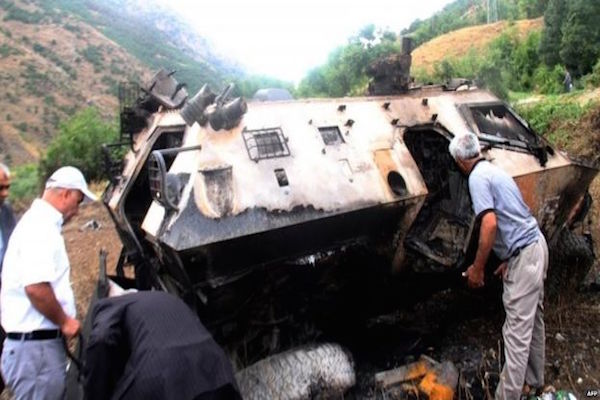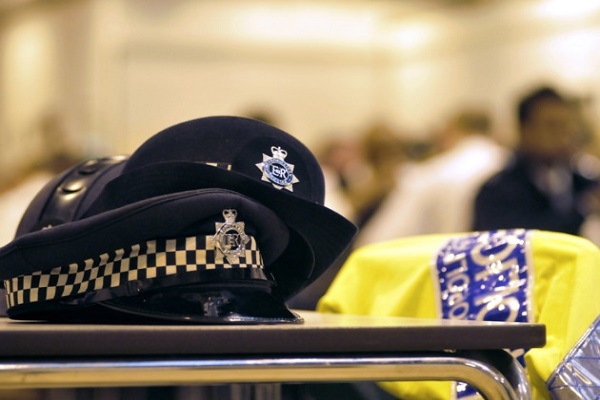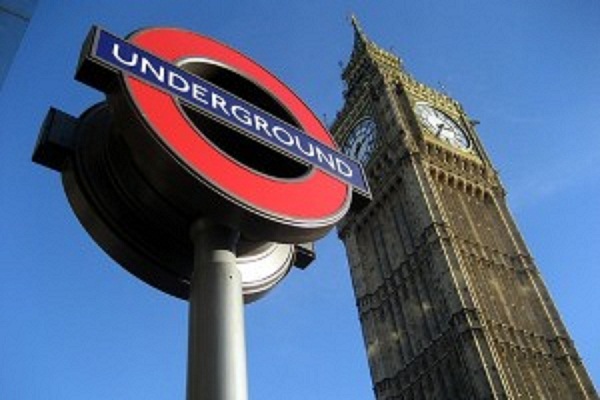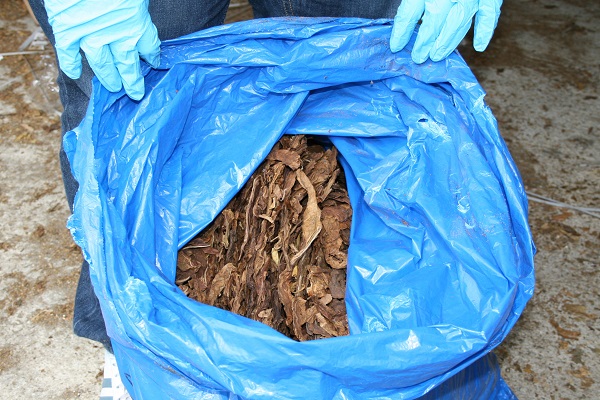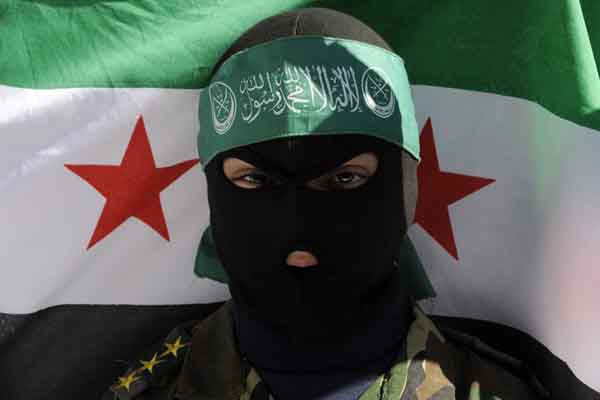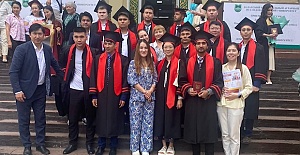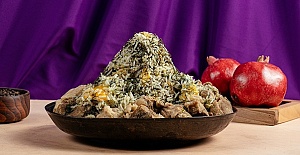Avrupa Ajansi (AVA Turkish news agency) London-The Shi’a constitute the biggest religious community in Lebanon. Out of 4.5 million Lebanese, 2 million are Shi’a. The rest are Maronite Christians, Sunni Muslims and Druzes, and in much smaller groups Armenians, Jews and Syriacs. The people living in this country have a characteristic which is difficult to find in any other place: the lines which separate them are based not on nationality but on differences of religion and sect. The only language spoken is Arabic. But despite this nobody defines himself as Arab. The Shi’a describe themselves as ‘Shi’a-Islam’ and the Sunnis as ‘Islam’. “Lebanese” is not an ethnic or national identification. It merely has a geographical meaning. This unique situation in the cultural make-up of the country is so strong that when I asked Sayyid Hassan Nasrallah, the leader of Hizbullah, to define the cultural identity of himself and his organisation he answered in this order: “Shi’a, Muslim, and Lebanese”.
Hizbullah: A Direct Result of the Israeli Occupation
The most important factor which determines the political agenda in Lebanon is Israel. Political parties and religious groups are distinguished from each other in terms of their position on Israel. Even Hizbullah, the most powerful political organisation in Lebanon, is a product of Israel. According to its leader, their process of organisation “started in 1982 when Israel occupied nearly half of Lebanon, including Beirut.” Hizbullah’s most urgent objective has always been the liberation of the lands which have been lost to Israel. Hizbullah was born when members of another Shi’a organisation, Amal, united with smaller Shi’a groups to fight against Israel following its occupation of Lebanon. Today almost everyone in Lebanon accepts that Hizbullah is the force which drove the Israeli army out of Beirut and the southern part of Lebanon. Sayyid Hassan Nasrallah said: “We have recovered most of our land by forcing Israel into a humiliating defeat. Our fight will continue until Israel withdraws from Lebanon completely.” The Shi’a claim that Israel is still holding the regions of Shebaa and Mezara in the south of Lebanon under occupation.
Dahia: The Capital of Hizbullah
With its population of 1 million, Dahia stands as the political and cultural centre of the Shi’a. Beirut airport and all the strategic roads to the airport are in Dahia. Hizbullah’s political offices, its TV station “Al Manar” and its important business centres are also in this area. As soon as you enter Dahia, you realise that Hizbullah is not simply a political party and organisation; it has a meaning far beyond that. From the busy main streets to the darkest alleys Hizbullah flags and pictures of its charismatic leader are everywhere. Here Hizbullah appears to be intertwined with everything that is Shi’a. Just ask the people of Dahia. I talked to people from different age groups and socio-economic backgrounds, they all agreed: “Hizbullah means everything to the Shi’a. Religion, justice, the struggle against Israel, these are all Hizbullah.” Here it is impossible to meet anyone who does not support Hizbullah.
A Fighting Organisation
It is possible to explain the hold Hizbullah has on the Shi’a community in Lebanon. First of all, it is an organisation which emerged victorious against an enemy previously undefeated by any other Arab army in history. This is what the Lebanese Shi’a think anyway. There is a general belief that if there was no Hizbullah, a large part of Lebanon today would be just another Palestine under Israeli occupation. For these people, Hizbullah is the protector of their past, present and future. Though the Shi’a are the largest of all of Lebanon’s religious communities, they were not active in the political life of the country until after 1970, when Amal emerged with the support of Syria to call for an end to the discrimination against the Shi’a. Around this time, the Lebanese Shi’a began a religious and cultural organisation under the leadership of the legendary Imam Musa Sadr. Armed militia groups were formed. It is said that the new Shi’a armed presence in Southern Lebanon was not welcomed by the Palestine Liberation Organisation (PLO). Many people in Lebanon explain the mysterious disappearance of Imam Musa Sadr in Libya in this way. Some accuse Yasser Arafat, others Muammar al-Qadhafi.
Sayyid Hassan Nasrallah became the leader of Hizbullah in 1995, after his predecessor Sayyid Abbas Musavi was assassinated by the Israeli secret services. Sayyid Abbas Musavi was killed in his car by Israeli helicopters as he was returning from a religious meeting in South Lebanon. Nasrallah’s son Hadi was also killed by the Israeli army in 1997. The 45 year old leader of Hizbullah has been involved in armed struggle since the Israeli occupation of Lebanon in 1982.
I met Sayyid Hassan Nasrallah in one of the Hizbullah centres in Dahia. I found him to be an outspoken man who likes giving direct answers to questions. He defined his party as “a Lebanese Shi’a-Islamic organisation”. Their aim, he said, was limited to resistance to Israel and to the recovery of the occupied Lebanese lands. He stressed this point many times: Hizbullah is a Lebanese organisation and has never taken armed action outside Lebanon.
The Land of Hizbullah
I did not see any Lebanese police or armed militia in Dahia or any other Shi’a dominated area. I asked Sayyid Hassan Nasrallah how security in these areas was provided and if Hizbullah had an unofficial duty in this regard. He denied any involvement of Hizbullah militia in security matters: “We never put ourselves in the state’s position. We did not do it even when there was no state under Israeli occupation”. He insisted that Hizbullah was more than a political party; it was also an organisation that provided education, health, religious support and other community services. They function as peacekeepers if there are conflicts between the Shi’a and other groups. “But we never use force”, he adds. “Force is the duty of the state, not Hizbullah.” In Dahia, Hizbullah has built El Resul el Azam Hospital and Shi’a religious leaders have funded Behmen Hospital, both of which provide free health care. Shi’a religious leaders also run many religious and secular schools in the area.
Dahia and its surrounding areas were populated after the Israeli occupation of Lebanon. It is still developing due to the influx of immigrants from South Lebanon and the Shi’a dominated Baalbek. Unlike other Arab cities, it has no shanty towns. Settlement is mostly in 8 to 10 storey apartments. Further development is taking place under strict planning guidelines. In Shi’a dominated parts of Lebanon the life standards are much higher than in Shi’a areas of Iraq. In addition, the lifestyle of the Lebanese Shi’a is fairly modern in comparison to that in other Middle Eastern countries. The number of Shi’a students in Beirut University is very high. Primary and secondary education is mainly secular. Christian and Shi’a teachers work in the same schools. Though Dahia is home to Shi’a-Islam and Hizbullah, the social life there is still modern. For example, the number of women with the “hijab” is not more than that in Turkey. Pressure is not applied to young girls to cover their hair and they are often free to dress as they wish. When I asked Sayyid Hassan Nasrallah about the lifestyle of the Shi’a in Lebanon, he replied: “One cannot talk about one type of ‘Islamic community’. Every society has its own dynamics”. To compare the Shi’a in Lebanon with the Shi’a in Iraq or Iran was apparently also meaningless. According to Nasrallah, the economic and political pressures of the Saddam regime had left the Shi’a in Iraq underdeveloped. And Lebanon and Iran had different cultural backgrounds.
Iraq
According to Sayyed Hassan Nasrallah, the war in Iraq is directly linked to three factors which determine US foreign policy. These are Petroleum Companies, Arms Trusts and the Christian-Zionist Alliance. He told me that the strategic aim of the US was to protect its main ally Israel and to disconnect Iran from the other Islamic countries in the Middle East. If the US is to hold on to the second largest oil producing country in the world, it must, Nasrallah claimed, maintain its military presence in the region for a very long time. But he noted that “the Iraqi resistance to US military has already started and it is sure to reach new limits in the very near future”. The leader of Hizbullah insists that the US has never been interested in bringing democracy to the Middle East. He is convinced that it is in fact the biggest sponsor of dictatorships in the region and beyond. He wants to remind the world that Saddam Hussein was America’s child. That is why in 1991 the Iraqi regime killed 400,000 Shi’a with American weapons.
Sayyid Hassan Nasrallah wants the entire Islamic community to unite against the hegemony of the US. With the Iranian president Mohammas Khatami he has called on Muslims, Sunni and Shi’a, to put their differences aside for this purpose. He told me that Khatami’s visit to Lebanon had been received well by the Lebanese people. Iran’s aim, he said, was not to create a Shi’a partnership but to bring together all the Islamic forces in the region.
Terrorism
When I asked Sayyid Hassan Nasrallah about the accusations of terrorism made against his organisation, he was not surprised. He said: “These accusations are made by Israel and supported by the US in the Western media. The aim is to hinder Hizbullah’s armed struggle against Israel in South Lebanon. They are fighting a psychological war against us.” Nasrallah claimed that the US had offered to take Hizbullah off the terrorist organisations list in exchange for the cessation of their armed campaign against Israel in Lebanon. He also reminded me that there had been many other small groups in Lebanon which had responded to the Israeli occupation with kidnappings and other violent actions towards civilians; Hizbullah, he said, had never been involved in such actions, and those who claimed otherwise had never been able to prove anything. Hizbullah may be one of the key supporters of Palestinian resistance groups, but its leader denounces suicide operations in Israel. For him, the killing of innocent civilians is not only against the politics of Hizbullah, but also against the fundamental principles of Islam.
Conclusion
If you ask the Lebanese Shi’a when they found freedom they will say that it was after the war with Israel. More importantly, they will say that Hizbullah is the political, religious and military symbol of that freedom. Here Hizbullah stands for the social and religious life of the Shi’a, the most modern form of Islam in the Middle East, the spirit of resistance against a powerful enemy, and the force that is determined to define the future of the region.
Translated by Cihan Aksa



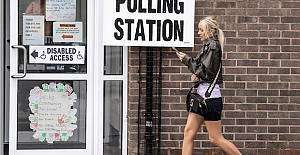 Advice for Enfield residents ahead of the General Election
Advice for Enfield residents ahead of the General Election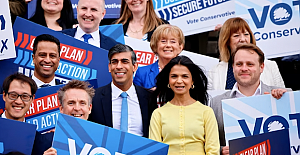 Sunak promises tax cuts, economic stability, Conservative Party election manifesto
Sunak promises tax cuts, economic stability, Conservative Party election manifesto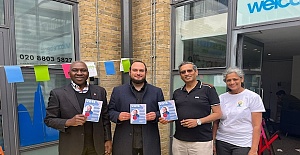 Ertan Karpazli, an independent MP candidate for the Enfield North constituency
Ertan Karpazli, an independent MP candidate for the Enfield North constituency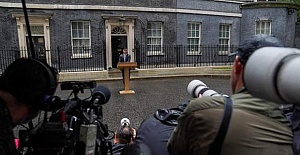 Rishi Sunak announces a general election in a statement outside Downing Street
Rishi Sunak announces a general election in a statement outside Downing Street Residents of Spanish island of Mallorca launch initiative to thank tourists amid protests over mass tourism
Residents of Spanish island of Mallorca launch initiative to thank tourists amid protests over mass tourism Srebrenica Remembered, Lessons for Justice and Peace! YEE London held a reflective event
Srebrenica Remembered, Lessons for Justice and Peace! YEE London held a reflective event British Premier Keir Starmer to reset UK-EU relations with high-profile meetings
British Premier Keir Starmer to reset UK-EU relations with high-profile meetings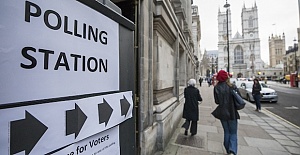 Voters head to polls for UK general election
Voters head to polls for UK general election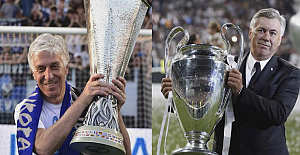 The Swiss official will take charge of the match between Real Madrid and Atalanta in Warsaw
The Swiss official will take charge of the match between Real Madrid and Atalanta in Warsaw Applications are now open for Walking and Cycling Grants London until 9 September 2024
Applications are now open for Walking and Cycling Grants London until 9 September 2024  Two Circles also appointed as exclusive media sales agency for UEFA Women’s Champions League
Two Circles also appointed as exclusive media sales agency for UEFA Women’s Champions League  England manager Gareth Southgate has resigned two days after defeat by Spain
England manager Gareth Southgate has resigned two days after defeat by Spain Joyce and Snell's planning application gets stamp of approval
Joyce and Snell's planning application gets stamp of approval The amount of bounce back loans fully repaid is just %13
The amount of bounce back loans fully repaid is just %13 Petrol prices higher than they should be, says RAC
Petrol prices higher than they should be, says RAC UEFA and Mastercard renew UEFA Champions League partnership
UEFA and Mastercard renew UEFA Champions League partnership




